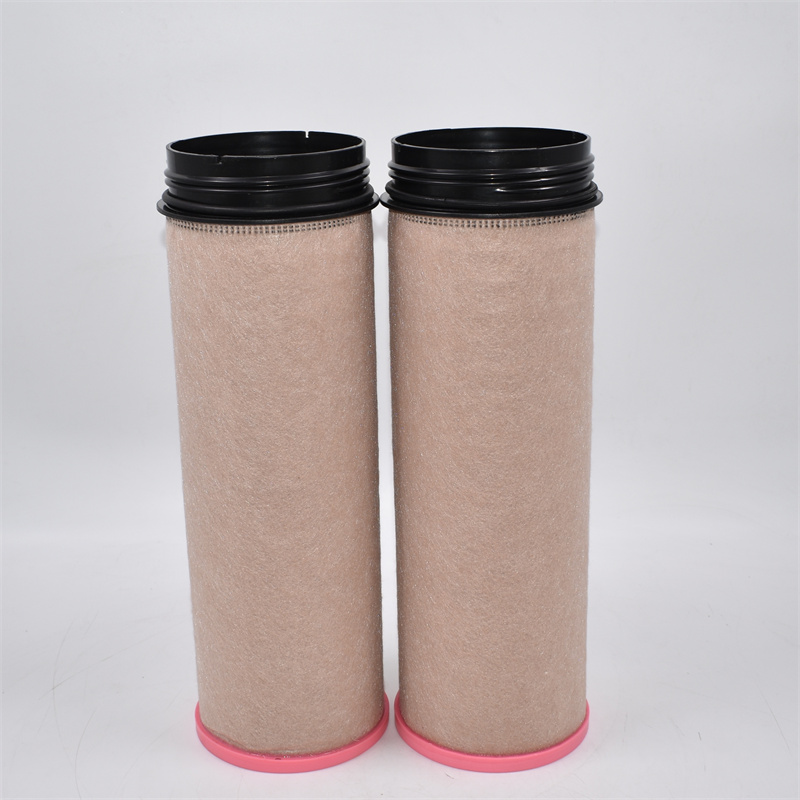Engine Filter
81.08405-0017 Air Filter Equivalent to 56084040027 1517398 P782937 RS5361 AF25896 Applicate Man 26.360,26.363,TG 310 A,TG 310 A D20.
What is the difference between a HEPA filter and a standard filter?

The main difference between a HEPA (High-Efficiency Particulate Air) filter and a standard filter lies in their filtration efficiency and the size of particles they can capture. Here are the key distinctions:
Filtration Efficiency: HEPA filters are designed to meet strict standards set by the U.S. Department of Energy (DOE), requiring them to remove 99.97% of particles that are 0.3 microns in size. Standard filters, on the other hand, do not have a standardized efficiency rating and vary in their effectiveness at capturing smaller particles.
Particle Size Capture: HEPA filters excel at capturing both larger particles and smaller particles, including allergens, dust mites, pet dander, pollen, mold spores, and even microscopic particles like bacteria and some viruses. Standard filters primarily target larger particles like dust and lint and may not be as effective at capturing smaller particles or allergens.
Airflow Restriction: HEPA filters' high efficiency comes at the cost of increased airflow resistance. These filters are denser, which can restrict the airflow in HVAC systems or other devices if they are not designed to handle the higher resistance. Standard filters have lower resistance and allow airflow more easily.
Applications: HEPA filters are commonly used in environments where clean and high-quality air is crucial, such as hospitals, laboratories, cleanrooms, and industries that require strict air filtration. Standard filters are typically found in residential HVAC systems, where their primary function is to protect the equipment from larger particles and maintain adequate airflow.
It's important to note that the term "HEPA" is a specific designation and refers to filters that meet the DOE standards mentioned earlier. Some filters may use similar terminology like "HEPA-like" or "HEPA-style," but they do not meet the rigorous standards of true HEPA filters.
When selecting a filter, consider your specific needs, such as the level of air quality required and the nature of contaminants in your environment. If you have concerns about allergies, asthma, or require a high level of air filtration, a HEPA filter or a filter with a high MERV rating (for HVAC systems) may be more suitable. Remember to check the compatibility with your HVAC system or device to ensure proper airflow and efficiency.





















